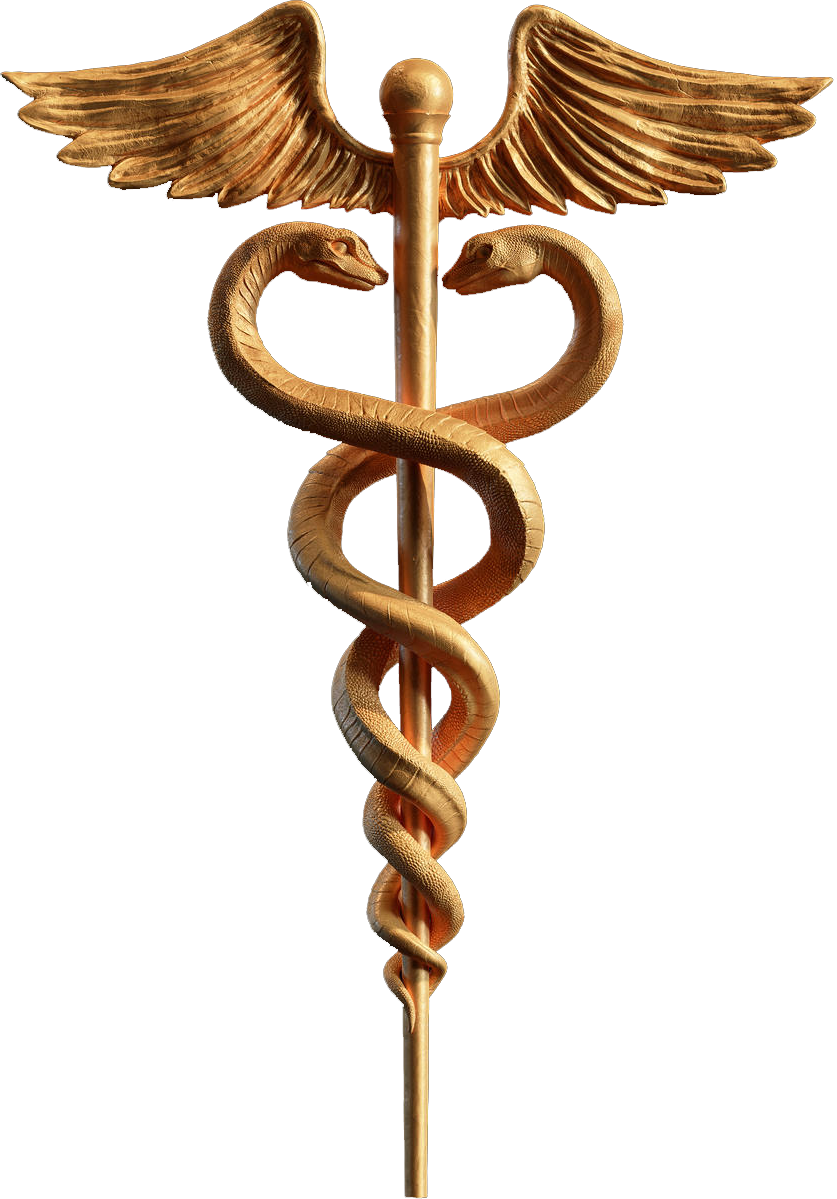Addiction Medicine Specialist
Dr. Michael J. Kittay is a Harvard-trained psychiatrist based in Palm Beach who is Board Certified in Addiction Medicine and a member of the American Academy of Addiction Psychiatrists. He is an addiction medicine specialist who uses state of the art evidence based medical protocols and treatments that are recognized by the American Society of Addiction Medicine and the National institutes of Drug Abuse as effective and safe addiction treatments.
Dr. Kittay’s practice is a safe space where patients struggling with alcohol and substance addictions can get the medical help they need. Personalized and compassionate care creates a healing atmosphere where patients are seen, heard, and understood. The goal is to help each patient gain confidence, a sense of purpose and hope for positive change.
Medication in Modern Addiction Treatment
Addiction is a treatable medical disorder involving neural networks, genetics, the environment, and personal life experiences. Medications are available to help treat alcohol and opioid addictions. These medications prevent deaths and help people stop destructive addict behaviors so they can regain meaningful, fulfilling lives. They are not a cure, but they can be an important part of treatment.
Vivitrol, Rivia, Campral, and Antibuse are the most common medications used to treat alcohol use disorder (AUD). These drugs help cut alcohol cravings and use.
Suboxone, Subutex, Sublocade, Brixadi and Vivitrol are the most common medications used to treat opioid use disorder (OUD). They help prevent drug cravings and use, stop withdrawal, and/or block the effects of opioids.
Medications are also available to help treat dual diagnosis, manage acute drug withdrawal, and treat long term post addiction withdrawal syndromes (PAWS).

Dual Diagnosis and Polysubstance Addictions
Dual Diagnosis is defined as having both an alcohol or substance use disorder and a psychiatric disorder. Approximately 40%-50% of people with an alcohol or substance use disorder have a co-occurring psychiatric disorder. Untreated psychiatric illness makes treating addictions much more difficult and is associated with poorer outcomes, so it is essential that they are both addressed.
There is a 13-fold (1300%) increase in relapse rates if a patient with a substance use disorder has an untreated psychiatric disorder.
Poly-drug addiction is substance dependency of two or more drugs and/or alcohol. Multiple substances are used to increase the “high”, prolong or mimic drug effects, or minimize unwanted side effects. Polysubstance addiction is the rule not the exception, and up to 91% of treatment-seeking drug-users are poly-drug addicted.
Alcohol Addiction
While the Opioid Epidemic makes headline news, more people die from alcohol-related medical problems than all other addictions combined.
Controlled Drinking vs. Abstinence
Patients in alcohol treatment often would like to find ways to cut back on their drinking rather than abstaining completely, so called moderate or “controlled” drinking. Medications have helped some people do this, but for many abstinence is the only option.
The French Paradox: Is one glass of red wine healthy or safe?
In one word, no! The French paradox is the false belief that red wine protects against heart disease. Recent research shows that wine doesn’t increase longevity, and that coronary artery disease increases with each drink. None is better than one.
Alcohol and Medications
Many prescriptions, over-the-counter medications, and even some herbal remedies including marijuana become unsafe or can be deadly when combined with drinking. Always check with your doctor before combining alcohol and medication.

Opioid Addiction: Fentanyl, Pain Pills & Heroin
At last count the opioid epidemic is estimated to kill nearly 200 Americans each day. In the past, the opioid of choice was heroin or prescription pain pills like Percocet or OxyContin. Today it is fentanyl.
We Must Do Better
Even though there are effective and safe medications to treat opioid addiction, these lifesaving medications are underutilized and under prescribed. Mediations for opioid addiction must be made available to everyone in all treatment and recovery settings. Opioid addiction is a treatable medical disease, and treating it with available medications saves lives.
Cocaine and Methamphetamine
Cocaine and Methamphetamine addictions are very common and very difficult to treat because these drugs are so addictive. Even using these stimulants once is often all it takes to be addicted.
The Newest Killer: Combining Stimulants and Fentanyl
The opioid epidemic has been described as a “triple wave epidemic,” with the first wave involving prescription opioids, the second heroin, and the current wave involving fentanyl and fentanyl like drugs.
There is actually a “fourth wave” that involves combining a “downer” like fentanyl with a stimulant “upper” like cocaine or meth. Opioids and/or stimulants are involved in over 95% of overdose deaths.
Adderall, Ritalin and Concerta
These are psychostimulants prescribed to treat attention deficit disorder. If prescribed and used properly, they have low abuse potential, and do not lead to increased substance addiction.

Cannabis (Marijuana) Addiction
Regular daily cannabis use is even more common than daily alcohol use. Marijuana is the most prevalent drug found in impaired drivers involved in “drugged driving” accidents.
Most people don’t realize that cannabis is as addictive as alcohol. In fact, 10-30 percent of users become addicted.
Marijuana addiction often occurs in people who use it to “self-medicate” psychiatric symptoms such as anxiety, depression and difficulty sleeping, or to treat chronic pain.
Benzodiazepine (Anxiety and Sleep Med) Addictions
Xanax, Klonopin, Ativan, Valium and Restoril are the most prescribed benzodiazepines. These medications are addictive and can be dangerous if abused or if taken in combination with alcohol or other drugs.
Ambien, Sonata and Lunesta are short acting sleep medications, and while they are somewhat less addictive than benzos still have an additive risk.
Patience is the key to benzo detox and addiction treatment. Abrupt discontinuation from benzos can be dangerous and may lead to serious medical problems including seizures, stroke, heart attack and death.
Slow, small controlled incremental tapering minimizes withdrawal symptoms, and serious side effects and is effective in preventing relapses.
Gentle Support for Those You Care About
If someone you know is struggling with addiction, offering them the opportunity to connect with Dr. Kittay can make all the difference. Seeking help for drug addiction or alcohol addiction is not about judgment or assigning blame. It’s about understanding the deeper struggles and finding a path to healing.
Dr. Kittay’s empathetic approach ensures that each patient feels respected and valued. He prioritizes building close relationships with his patients, practicing empathy, care, and compassion daily. His goal is to treat not just the addiction but the whole person, helping them regain balance, confidence, and a sense of purpose.
Hope Is Within Reach
Recovery is possible, and it starts with taking the first step. Whether it’s addressing dual diagnosis or polysubstance abuse, Dr. Kittay’s expertise and personalized care provide a path forward. For those in Palm Beach and beyond, his practice offers a safe and supportive environment to treat alcohol addiction, treat drug addiction, and achieve lasting well-being.
If you’re ready to help someone you care about, Dr. Kittay’s thoughtful and compassionate care is here to make that difference. Together, healing is possible.




